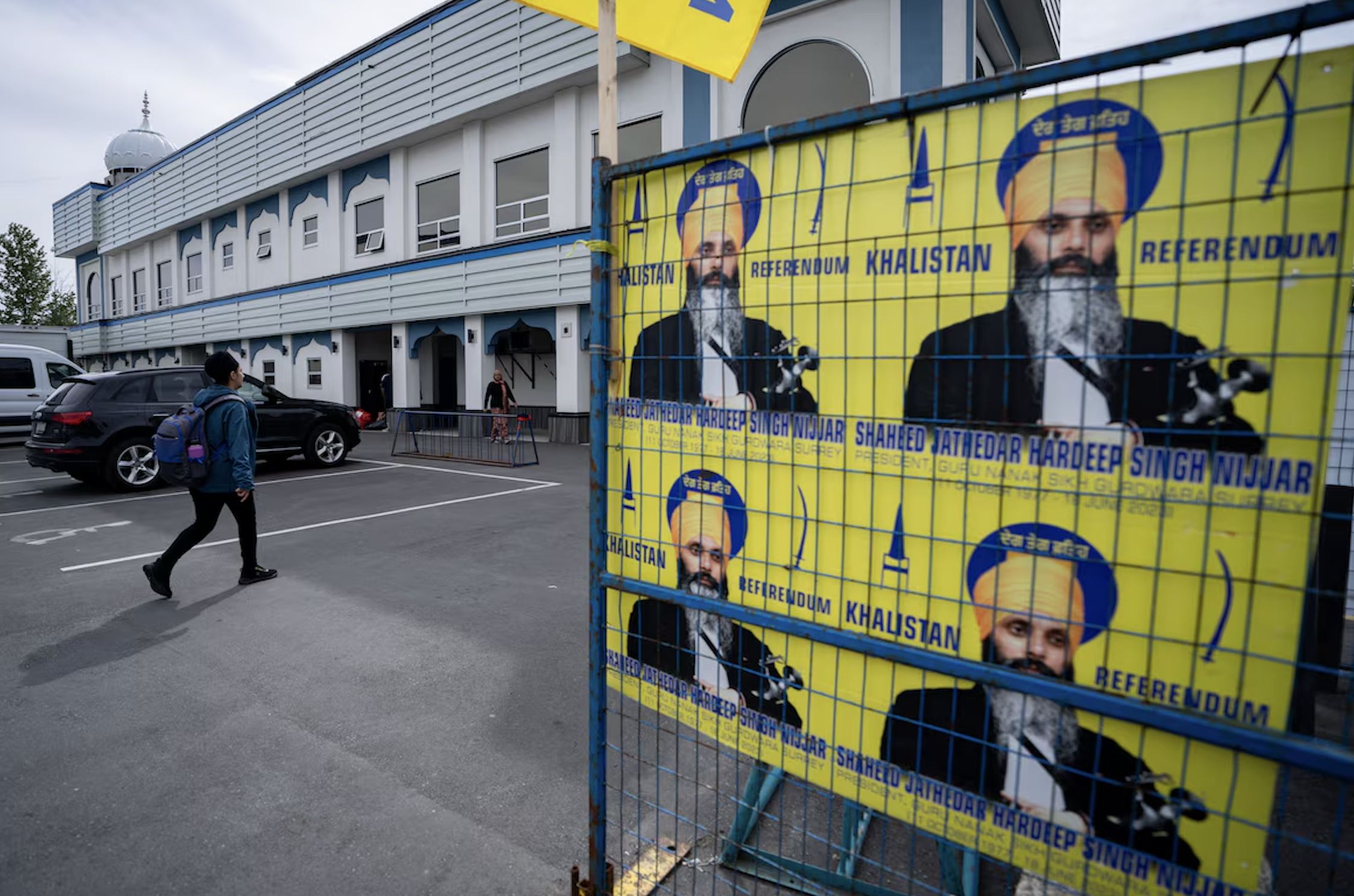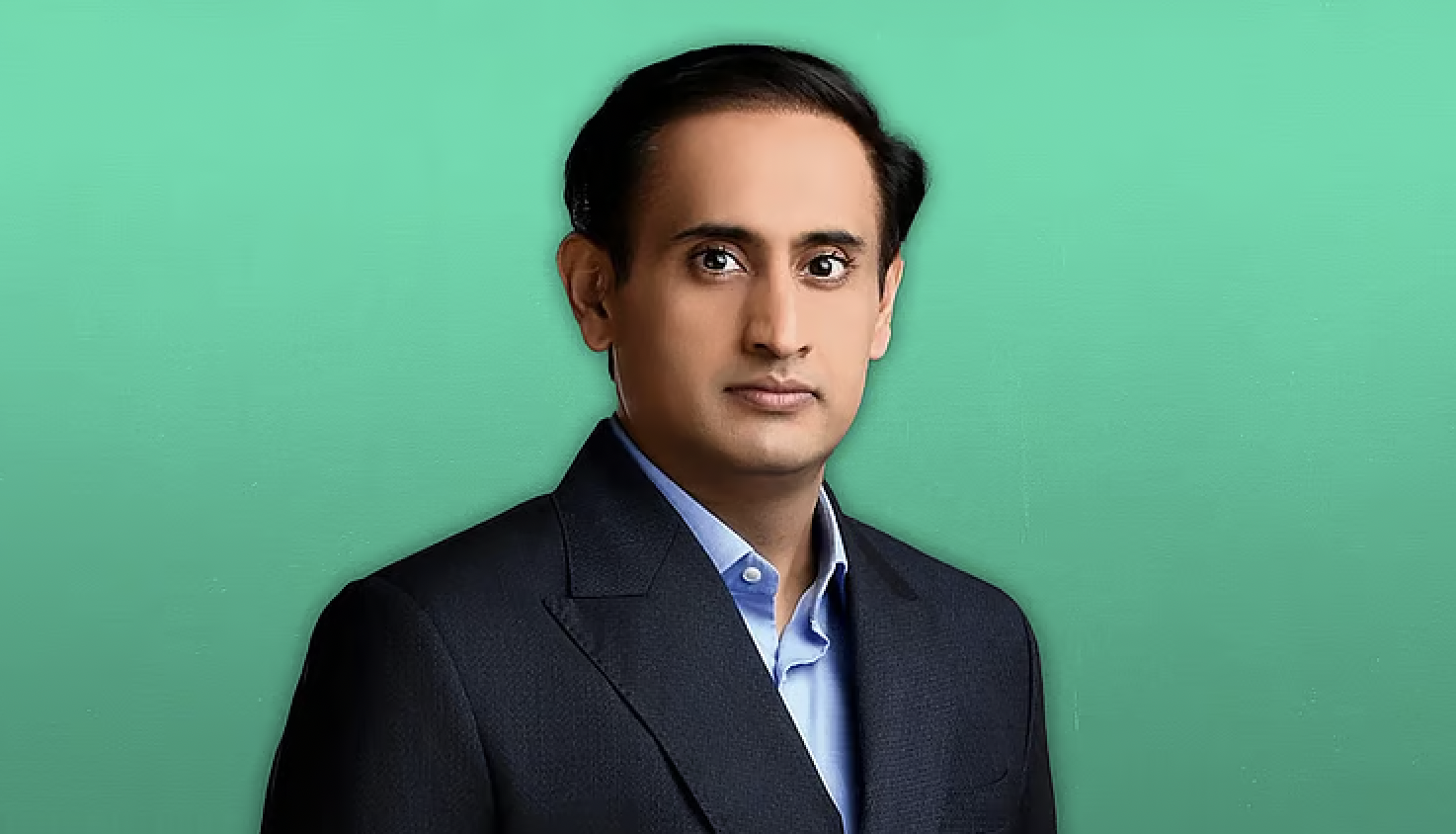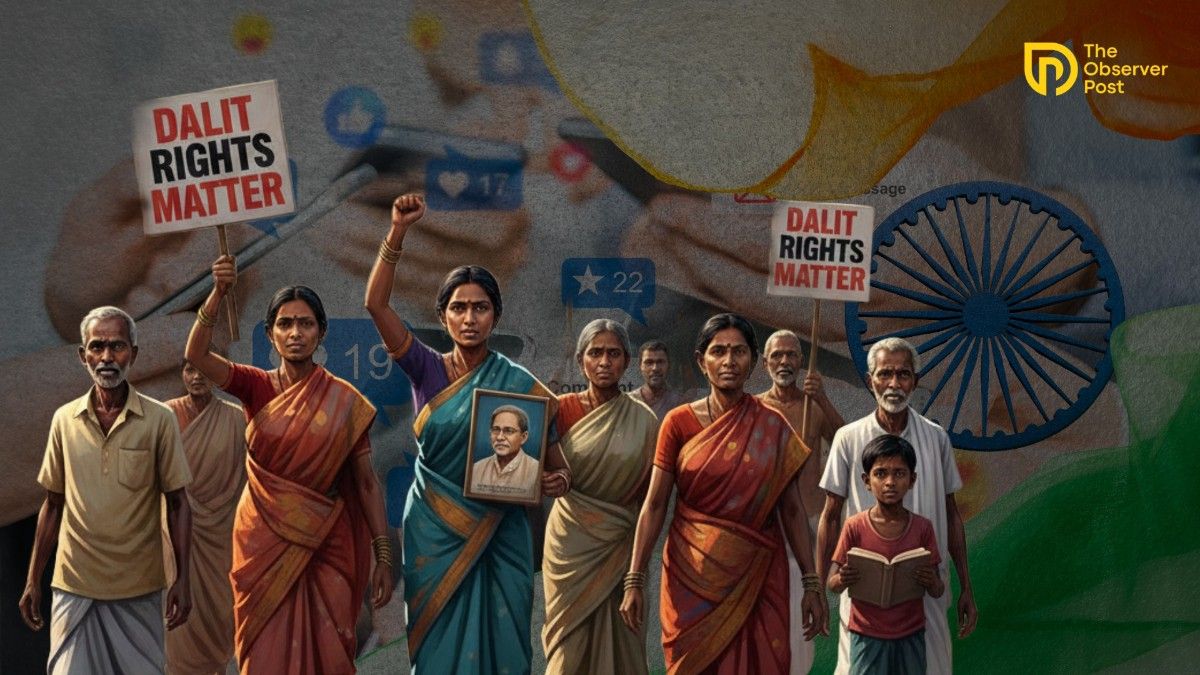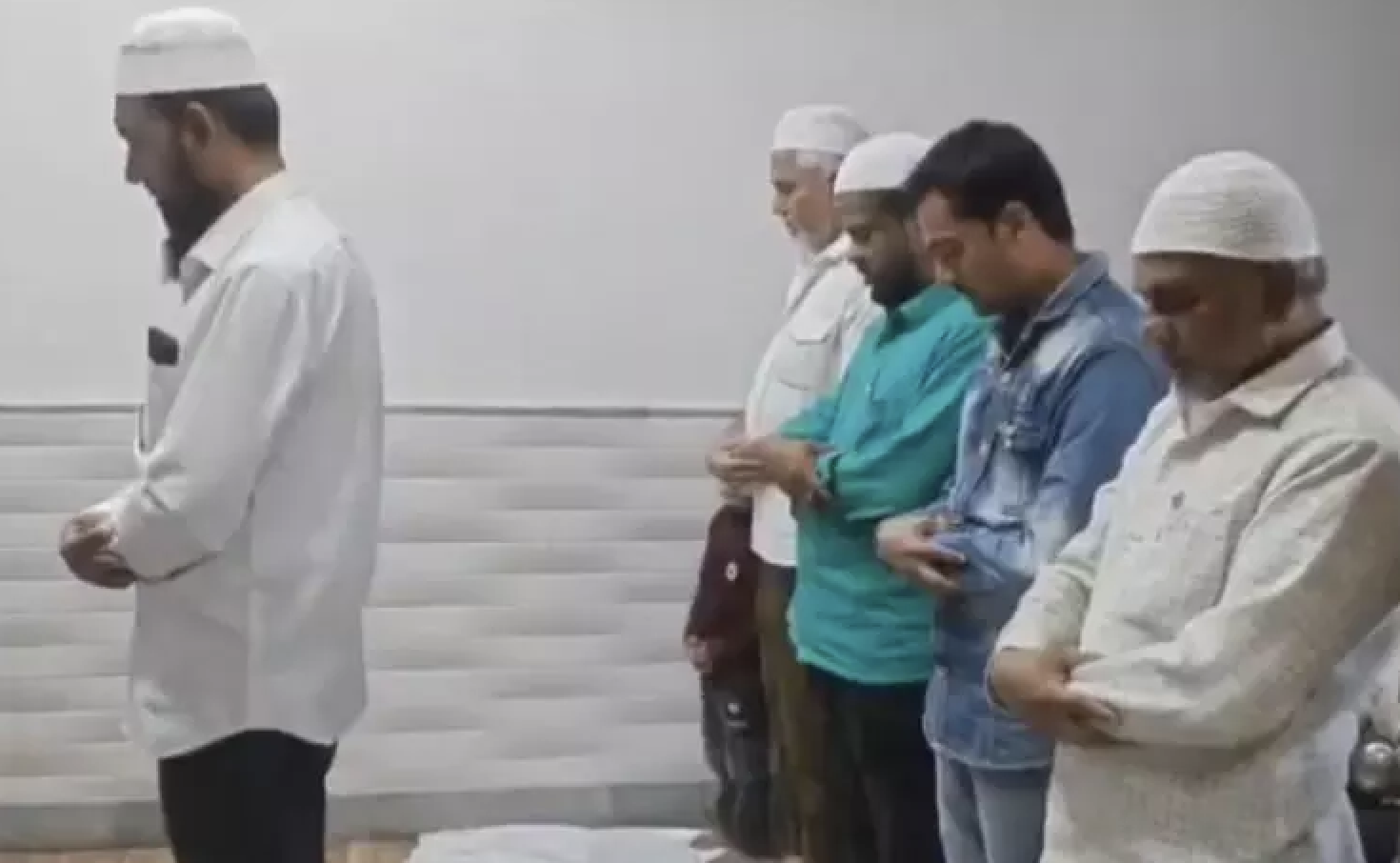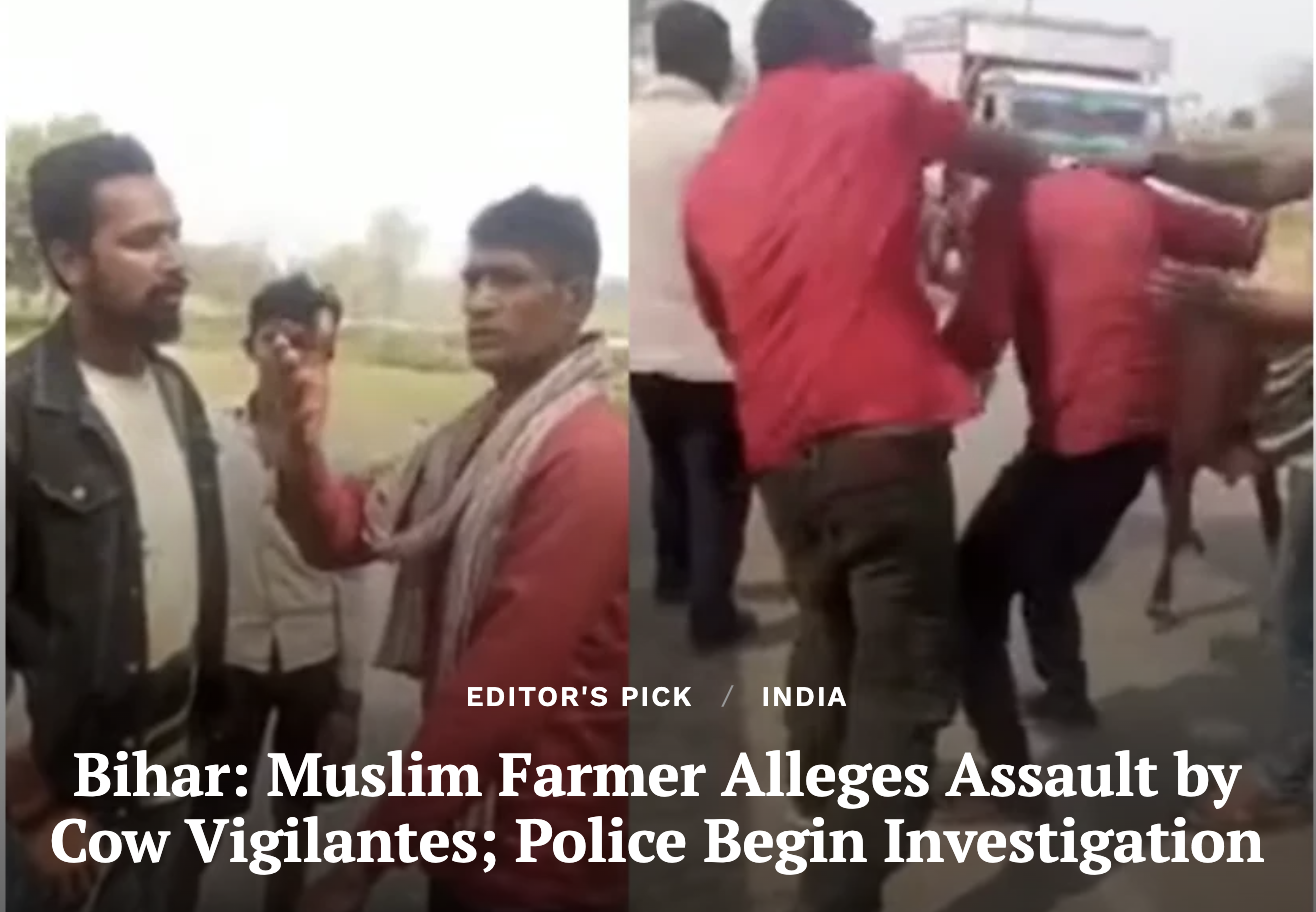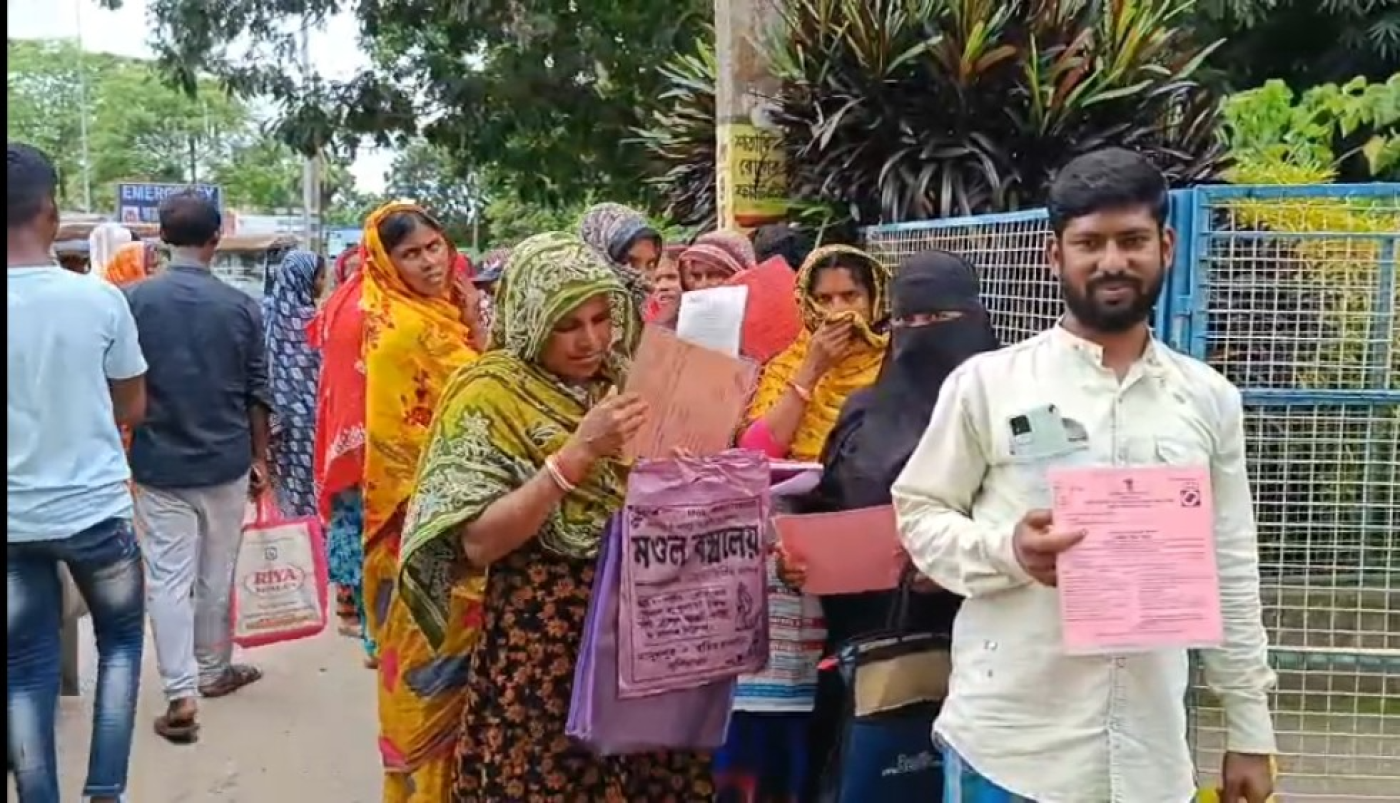
Kolkata: Md. Safiullah Ansari, 28, had to tackle several errors in his paperwork: his last name is spelled “Ansary” on his voter ID but “Ansari” on his Aadhaar, and his 10th- and 12th-standard exam admission cards do not have the “Md.” prefix.
To resolve these errors, he had to refer to his dead father’s voter identification, but that was easier said than done.
“We could not find my father’s voter ID card anywhere at home,” said Ansari, one of thousands of Bengalis lined up outside a government office frantically trying to prove they were voters and, by implication, Indian.
“Who knew, a dead person’s voter ID card would become so important one day?” said Ansari.
On 28 August 2025, with no announcement, the Election Commission of India (ECI) uploaded West Bengal’s 2002 voter list on its website, indicating that the state’s voter rolls would be revised after 23 years, ahead of state elections in 2026.
The quiet move sparked fears that the revision would be as chaotic as in Bihar, where 6.5 million were excluded during what was officially called a special intensive revision (SIR) of the rolls.
Just over a month later, the ECI indicated that voter rolls would be revised nationwide.
The revision of rolls in West Bengal has not begun, but the anxiety is evident, especially in eight districts bordering Bangladesh and especially among Muslims, after repeated rhetoric from the Prime Minister and the home minister (here and here) about removal of “infiltrators” from the rolls.
This story was originally published in article-14.com. Read the full story here.


